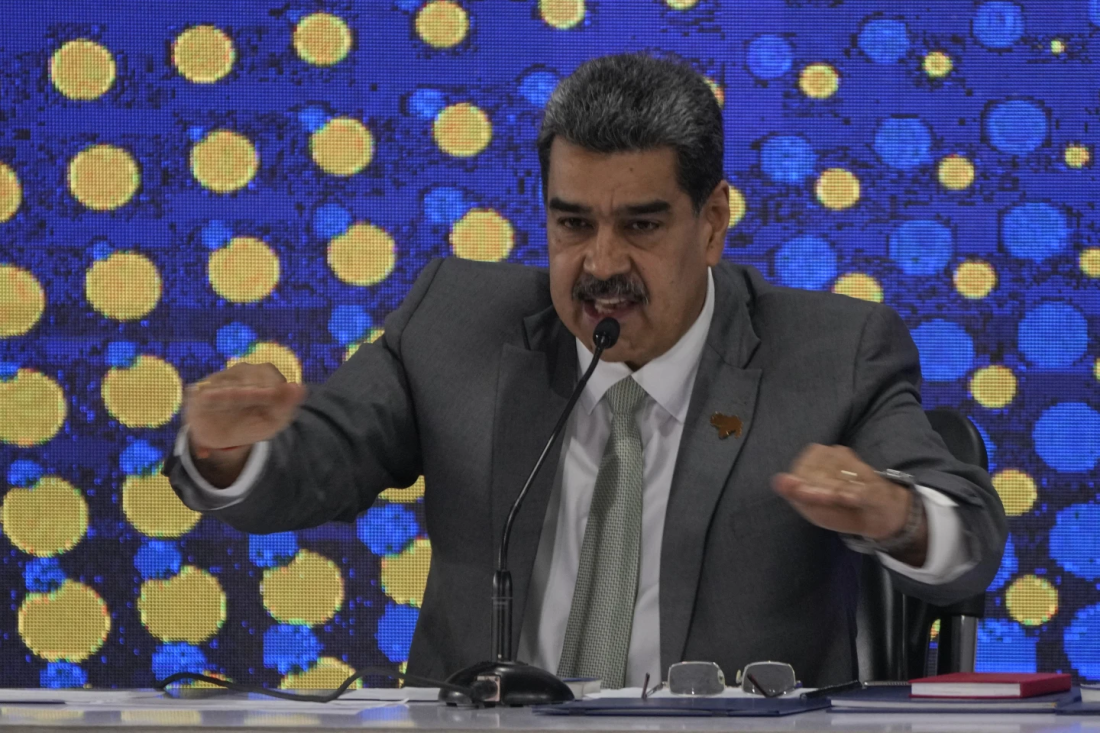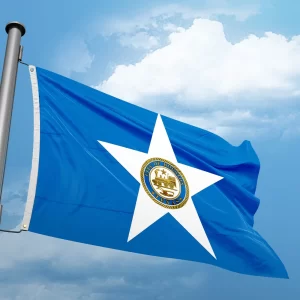
In a significant diplomatic maneuver, the Biden administration announced on Wednesday the release of a close ally of Venezuelan President Nicolás Maduro in exchange for 10 Americans imprisoned in Venezuela and the extradition of Leonard Glenn Francis, the infamous “Fat Leonard,” a defense contractor central to a major Pentagon bribery scandal.
The groundbreaking deal is the United States’ boldest attempt to enhance relations with the major oil-producing nation and secure concessions from President Maduro, a self-proclaimed socialist leader. The release of Alex Saab, a Maduro associate arrested on a U.S. money laundering warrant in 2020, is considered a noteworthy concession to the Venezuelan leader.
The exchange also involves the guarantee of freedom for 10 Americans, six of whom were designated by the U.S. government as wrongfully detained. The deal comes on the heels of the Biden administration’s recent decision to suspend certain sanctions, aligning with a commitment from both Maduro and an opposition faction to ensure free and fair conditions for the 2024 presidential election.
President Joe Biden stated in a release, “These individuals have lost far too much precious time with their loved ones, and their families have suffered every day in their absence. I am grateful that their ordeal is finally over, and that these families are being made whole once more.”
Venezuela’s government hailed Saab’s release as a “symbol of victory” achieved through the country’s “peaceful diplomacy” and urged the U.S. to lift all sanctions against Venezuela.
The agreement also entails the extradition of “Fat Leonard” Francis, the Malaysian owner of Glenn Defense Marine Asia, a ship-servicing company. Francis, who became notorious for orchestrating one of the largest bribery scandals in Pentagon history, was arrested in a San Diego hotel almost a decade ago. His extradition will be a pivotal development in the case that implicated Navy officers in accepting bribes, leading to a scandal that embarrassed the Pentagon.
The deal is perceived as a significant U.S. concession to Maduro, potentially causing dissatisfaction among hard-liners in the Venezuelan opposition. The Biden administration had eased sanctions on Venezuela’s oil, gas, and mining industries in October, with a threat to reimpose restrictions if Maduro did not meet his promise to pave the way for free and fair elections by November 30. Despite the missed deadline, the eased sanctions remain in place as part of the current agreement.
The swap includes the release of 21 Venezuelans, among them Roberto Abdul, who co-founded a pro-democracy group with opposition figure María Corina Machado over two decades ago.
The Biden administration has faced criticism for its hostage-exchange strategy, with concerns that such deals might incentivize hostage-taking. However, officials argue that securing the release of wrongfully detained Americans and hostages abroad requires difficult diplomatic negotiations.
The Saab case, in particular, had garnered attention due to its connection to alleged corruption in Maduro’s inner circle, with Saab’s defense attorneys claiming he had been cooperating with the U.S. Drug Enforcement Administration in untangling corruption within the Venezuelan government.
While the diplomatic maneuver may be a significant win for the released Americans, it raises questions about the potential implications for U.S. foreign policy and the delicate balance between securing the release of Americans and navigating complex geopolitical relationships.









